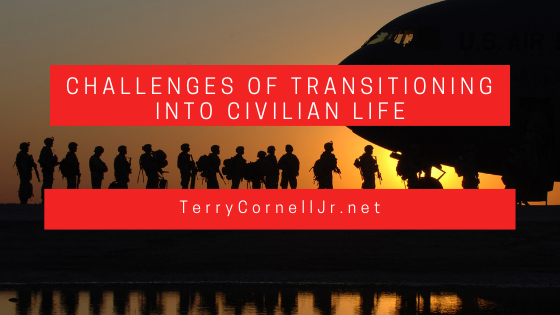Veterans who retire from military service and transition into civilian lifestyle find it hard to re-adjust appropriately. The transition is normally made difficult by various factors including the traumatic experiences that the ex-military personnel may have had in their time of service. Although experts advocate for 4 commonly used tactics to help veterans transition to civilian life, most of these are rarely as effective as they should be. This leaves such veterans exposed to 6 major challenges of transitioning back to civil life.
Establishing a bond with the family
Bonding with the family is the first crucial step that any veteran should establish soon after retirement. The process of reconnecting with such families from which one has been away for a long time is normally an uphill task. Sometimes, children are born and go for years without seeing their parents, leading to social dissociation.
Creating or joining a social community
Military servicemen rarely find time to bond with the existing society during their times of service. After retirement, they have a rough time when trying to create a social community or joining the already existing ones.
Entering the workforce
Veterans commonly desire to establish new employment opportunities. The process of finding a suitable job from the competitive civilian jobs market is normally quite complex and one of the major challenges that veterans face upon retirement. Veterans who desire to become entrepreneurs also face additional challenges when securing financing and experience to run their businesses.
Becoming a provider
Before retirement, veterans are normally used to an easy life of being provided for in their military camps. They do not have to worry about necessities such as food, clothing, and housing. Upon retirement, however, such veterans find it rough to begin providing for themselves as well as for their families.
Adjusting to a different lifestyle
Military and civilian lifestyles are significantly different. Military personnel are trained to abide by their tasks or mission until completion. They often find it hard when they come back to civilian life where people abandon the workplace at the end of the day to return home. Veterans also face an uphill task when trying to be law-abiding citizens. Such persons who have been used to giving orders can find it hard to take orders from law enforcement officers upon retirement.
Communication
Communication in the military is highly structured in the form of a chain of command. Veterans, after retirement, find themselves in a society where such a chain of command does not exist. This proves a major challenge in terms of how they communicate.
